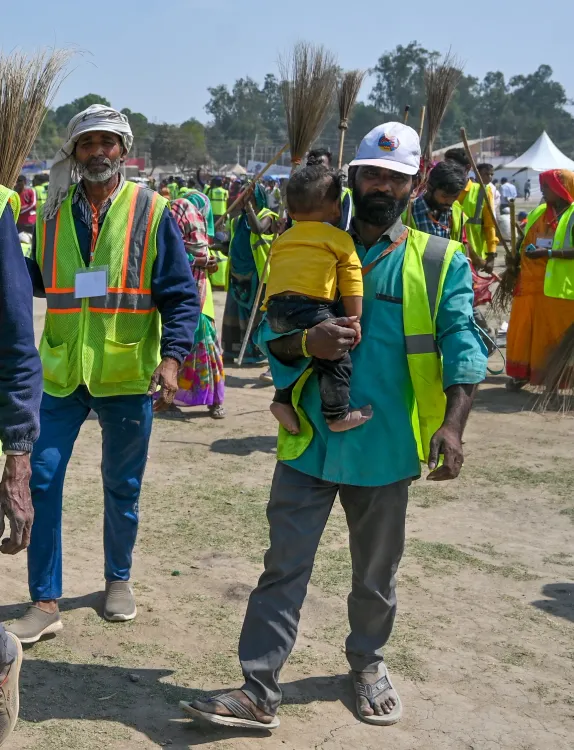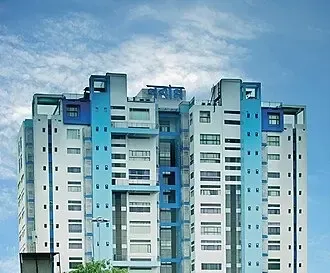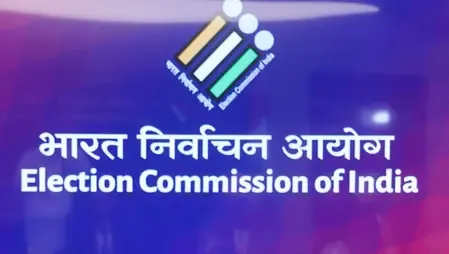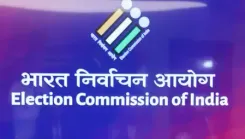What Steps is the TN Public Health Dept Taking to Prevent Disease Outbreaks?

Synopsis
Key Takeaways
- Event organizers must ensure safe water and sanitation facilities.
- Local authorities are tasked with inspecting venues and enforcing health guidelines.
- Real-time waste management is crucial during events.
- Vector control measures are necessary to prevent disease spread.
- Surveillance systems should be in place for detecting outbreaks.
Chennai, May 26 (NationPress) In response to the rising frequency and magnitude of public events throughout Tamil Nadu, the Directorate of Public Health and Preventive Medicine (DPH) has released a detailed advisory aimed at preventing disease outbreaks, ensuring adequate sanitation, and protecting public health.
Utilizing the authority granted by the Tamil Nadu Public Health Act of 1939, this advisory is directed at all Health Officers, mandating strict adherence during various social, religious, recreational, and other mass gatherings.
The advisory emphasizes that the primary duty for providing essential services, including water supply, sanitation, and waste management, rests with event organizers.
Nevertheless, local authorities and health officers are authorized to inspect, supervise, and enforce adherence to public health regulations.
Should local bodies fail in their responsibilities, the DPH or state government may intervene directly.
Essential health and sanitation protocols outlined in the advisory include the adequate provision of toilets and urinals at all event sites.
Organizers are required to ensure the availability of potable water for drinking and cooking purposes. Water sources must undergo inspection, and samples should be sent for quality testing to Regional Water Laboratories (RWL) or District Public Health Laboratories (DPHL). It's essential to monitor chlorination levels and maintain records.
The DPH has also requested real-time waste collection and disposal systems to be operational throughout events.
Sanitation teams must be well-staffed and sufficiently supported.
All food stalls and temporary eateries must be licensed and inspected in collaboration with the Food Safety Department to avert the sale of unsafe or contaminated food.
Facilities for attendees must be inspected and authorized in cooperation with local authorities.
Organizers, along with local bodies, must implement vector control initiatives, such as mosquito eradication, to hinder the spread of vector-borne diseases.
Surveillance systems must be established to monitor any clustering of disease cases or potential outbreaks.
In regions where outbreaks of notifiable diseases have been reported, the viability of hosting mass gatherings will be reassessed, and events may be restricted or postponed.
The DPH has stressed that all event organizers must collaborate with health authorities for contact tracing, health evaluations, and infection control measures.
Health officers are empowered to issue immediate orders, inspect venues, and take corrective action under the Tamil Nadu Public Health Act.
Failure to comply with these guidelines may result in penalties as outlined in Chapter XV of the Act, the advisory cautioned.










